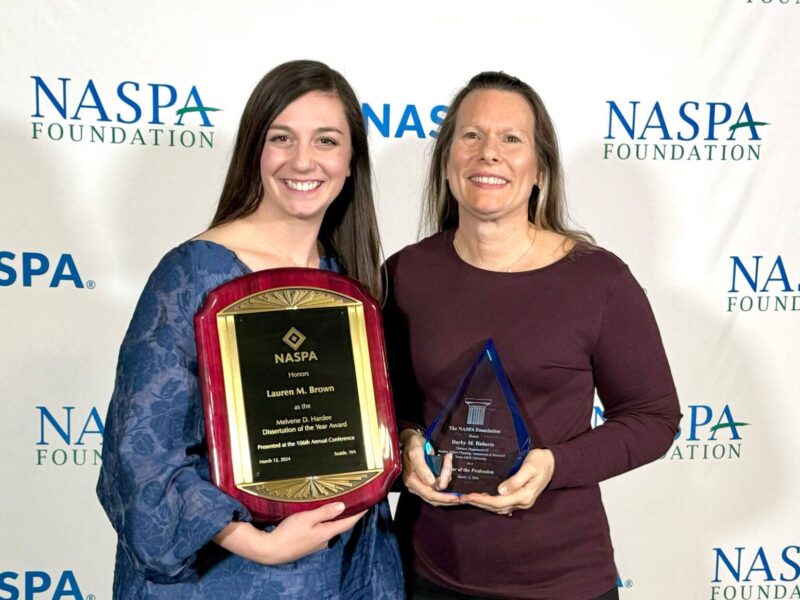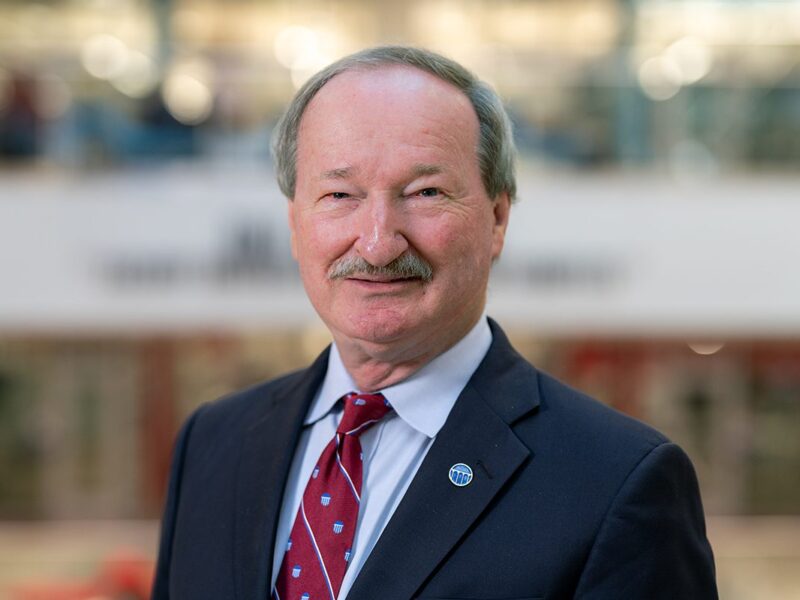Texas A&M Health Faculty Rank Among Top 2 Percent Of Scholars Worldwide
Several faculty members at the Texas A&M University Health Science Center (Texas A&M Health) rank in the top 2 percent of scientists worldwide, based on a study conducted by Stanford University.
“World’s Top 2% Scientists” is a publicly available database of the 100,000 most-cited authors across all scientific fields. It was compiled by researchers at Stanford University using data from Elsevier’s Scopus — a curated abstract and citation database of peer-reviewed literature — and considers six citation metrics. It includes two different versions: single year performance and career-long performance. The following Texas A&M Health scholars appear in the career-long list, which assesses scientists for the impact of their citations from 1996 until the end of 2020.
College of Dentistry
- Peter H. Buschang, Ph.D., Regents Professor, Orthodontics
- Lynne A. Opperman, Ph.D., Regents Professor, Biomedical Sciences
- John M. Wright, DDS, Regents Professor, Diagnostic Science
- Paul C. Dechow, Ph.D., Emeritus Regents Professor, Biomedical Sciences
- Stephen K. Harrel, DDS, adjunct professor, Periodontics
- Xiaohua Liu, Ph.D., professor, Biomedical Sciences
College of Medicine
- Darwin J. Prockop, Ph.D., professor, Molecular and Cellular Medicine, director, Institute for Regenerative Medicine
- Nick Pace, Ph.D., Distinguished Professor, Regents Professor, McMullin Professor of Genetics, Molecular & Cellular Medicine
- Samba Reddy, Ph.D., RPh, FAAPS, FAAAS, professor, Neuroscience and Experimental Therapeutics
- Israel Liberzon, MD, professor and head, Psychiatry and Behavioral Sciences
- Ashok K. Shetty, Ph.D., professor, Molecular and Cellular Medicine, associate director, Institute for Regenerative Medicine
- David N. McMurray, Ph.D., Professor Emeritus, Microbial Pathogenesis and Immunology
- James R. West, Ph.D., Distinguished Professor Emeritus, Neuroscience and Experimental Therapeutics
- Lih Kuo, Ph.D., Regents Professor, associate department head, Medical Physiology, director, Ophthalmic Vascular Research Program
- Vytas A. Bankaitis, Ph.D., Distinguished Professor, Molecular and Cellular Medicine, E.L. Wehner-Welch Foundation Chair in Chemistry
- David Threadgill, Ph.D., University Distinguished Professor, Tom and Jean McMullin Chair of Genetics, Molecular and Cellular Medicine, director, Texas A&M Institute for Genome Sciences and Society
- Farida Sohrabji, Ph.D., Regents Professor, department head, Neuroscience and Experimental Therapeutics, director, Women’s Health in Neuroscience Program
- David C. Zawieja, Ph.D., Regents Professor, department head, Medical Physiology, executive director, Cardiovascular Research Institute
- Cynthia J. Meininger, Ph.D., Professor Emerita, Medical Physiology, director, Division of Vascular Biology, director, Graduate Studies – Temple campus
- Vernon Tesh, Ph.D., professor, Microbial Pathogenesis and Immunology, associate vice president for Faculty and Academic Affairs, Texas A&M Health
- George C.Y. Chiou, Ph.D., Professor Emeritus, Neuroscience and Experimental Therapeutics
Rangel College of Pharmacy
- Mansoor A. Khan, Ph.D., RPh, vice dean, professor of Pharmaceutical Sciences, director, Formulations and Drug Delivery Core Laboratory, Presidential Impact Fellow
School of Public Health
- Virender K. Sharma, Ph.D., professor, Environmental and Occupational Health, director, Program on Environmental and Sustainability
- Marcia G. Ory, Ph.D., MPH, Regents and Distinguished Professor, Environmental and Occupational Health
- Joseph Sharkey, Ph.D., MPH, professor, Health Promotion and Community Health Sciences
Institute of Biosciences and Technology
- Roderick H. Dashwood, Ph.D., FRSB, director, John S. Dunn Chair for Disease Prevention, Texas A&M Institute of Biosciences and Technology Center for Epigenetics & Disease Prevention, professor, College of Medicine Department of Translational Medical Sciences
This article by Lindsey Hendrix originally appeared on Vital Record.





